
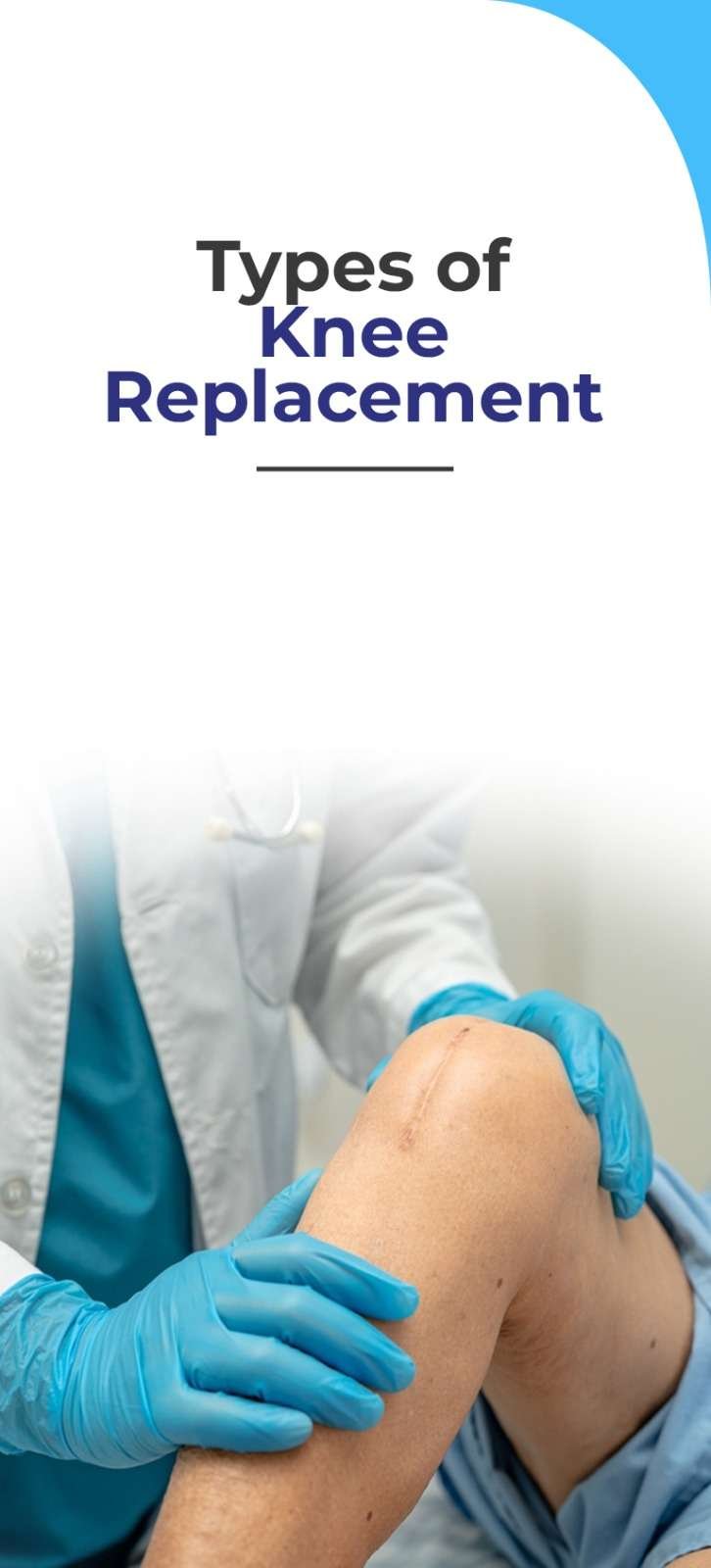
Knee replacement surgery, also referred to as knee arthroplasty, is a prevalent orthopedic procedure that aims to relieve pain and enhance the quality of life for individuals suffering from severe knee joint problems. With several alternatives accessible, determining the most appropriate type of knee replacement surgery is a crucial decision. In this article, we will delve into the different types of knee replacement surgeries and examine which one typically yields the highest success rates. Here, we will discuss Types Of Knee Replacement Surgeries or Types of Knee Arthroplasty that are available in India.
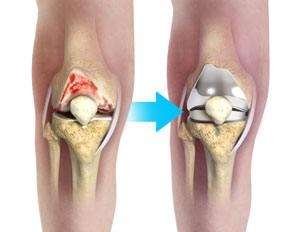
Total knee replacement, commonly referred to as total knee arthroplasty, is the prevailing form of knee replacement surgery. It encompasses the substitution of the entire knee joint with an artificial prosthesis. The prosthetic elements are typically composed of metal and plastic, designed to replicate the natural joint’s capabilities. TKR is generally advised for people in the advanced stages of osteoarthritis, rheumatoid arthritis, or other degenerative joint disorders that impact the entirety of the knee.

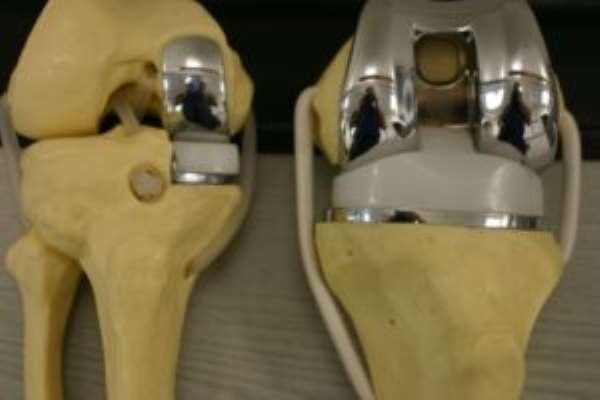
Partial knee replacement involves replacing only a portion of the knee joint, making it an ideal choice for patients with localized knee damage in a specific compartment. PKR has several benefits, including faster recovery, minimal bone removal, and the preservation of healthy tissue. However, it’s essential to note that not all individuals are suitable candidates for this procedure, as it demands careful patient selection.

It is a surgical procedure that entails the simultaneous replacement of both knees. This approach is often recommended for individuals suffering from bilateral knee joint problems, providing an efficient means to restore mobility and enhance their overall quality of life, particularly for those with significant knee issues in both legs.

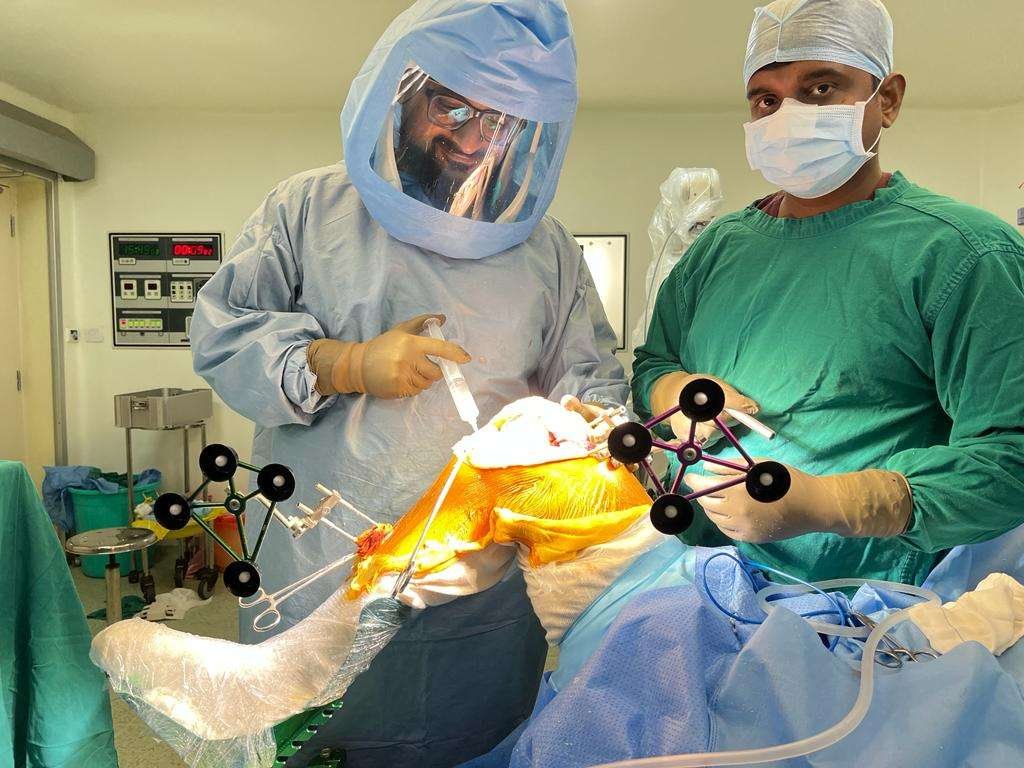
It is a surgical technique characterized by smaller incisions and minimal disruption of surrounding tissues compared to traditional knee replacement procedures. This approach is designed to reduce scarring and potentially expedite the recovery process. While it is an appealing option for patients seeking less invasive surgery, it may not be suitable for all cases.

In Robotic-assisted knee replacement surgery, advanced technology is employed to enhance the precision and accuracy of the procedure. The surgeon utilizes robotic guidance systems to meticulously plan and execute the surgery, thus ensuring optimal implant placement and alignment. This innovative approach has the potential to result in better outcomes and expedited recovery for select patients.

As above, There are various Types of knee replacement surgeries available in India.
The success of knee replacement surgery depends on various factors, including-
Opting for the most suitable knee replacement type should be customized according to the individual’s unique circumstances, age, level of physical activity, and overall well-being.
The competence and experience of the orthopedic surgeon are pivotal in ensuring the surgery’s favorable outcome.
After the procedure, post-operative rehabilitation and physical therapy are indispensable for achieving a successful recovery. Adherence to the prescribed rehabilitation protocols is of utmost importance.
The lasting effectiveness of the prosthetic components used in the operation has a direct impact on the long-term outcome.
Proper follow-up care, including effective pain management, vigilant monitoring for potential complications, and routine check-ups, is vital for achieving a successful outcome.
Knee Surgery Types, also referred to as Knee Operation Types, encompass a variety of choices for dealing with knee joint problems. These Knee Arthroplasty Types comprise Total Knee Replacement (TKR), Partial Knee Replacement (PKR), Bilateral Knee Replacement, Minimally Invasive Knee Replacement & Robotic Knee Replacement.
The selection of knee replacement surgery depends on the individual patient and is determined through discussions with orthopedic specialists. While minimally invasive total knee replacement is a widespread and effective option, Robotic Knee Replacement Surgery provides exceptional precision and quicker recovery. Its advantages encompass minimal tissue damage, decreased scarring, and enhanced long-term results, providing a promising and more mobile future for individuals contemplating knee replacement.
If you’re seeking a skilled Knee Replacement Surgeon in Thane, look no further than Dr. Bakul Arora at Arora Clinic. Dr. Bakul Arora specializes in Robotic Knee Replacement Surgery, offering cutting-edge Orthopaedic Surgery in Thane. His expertise & experience in Robotic Surgery makes him the best Robotic knee replacement surgeon in Thane. Visit Arora Clinic, a trusted destination for those in need of advanced knee care.
We are really honored to receive this and we will continue to serve the society better than ever We aim to provide the world-class Knee/Hip Replacement Surgical (Minimal Invasive Surgery) treatment to every patient suffering from knee or hip pain and at the same time make their life pain-free and happy.
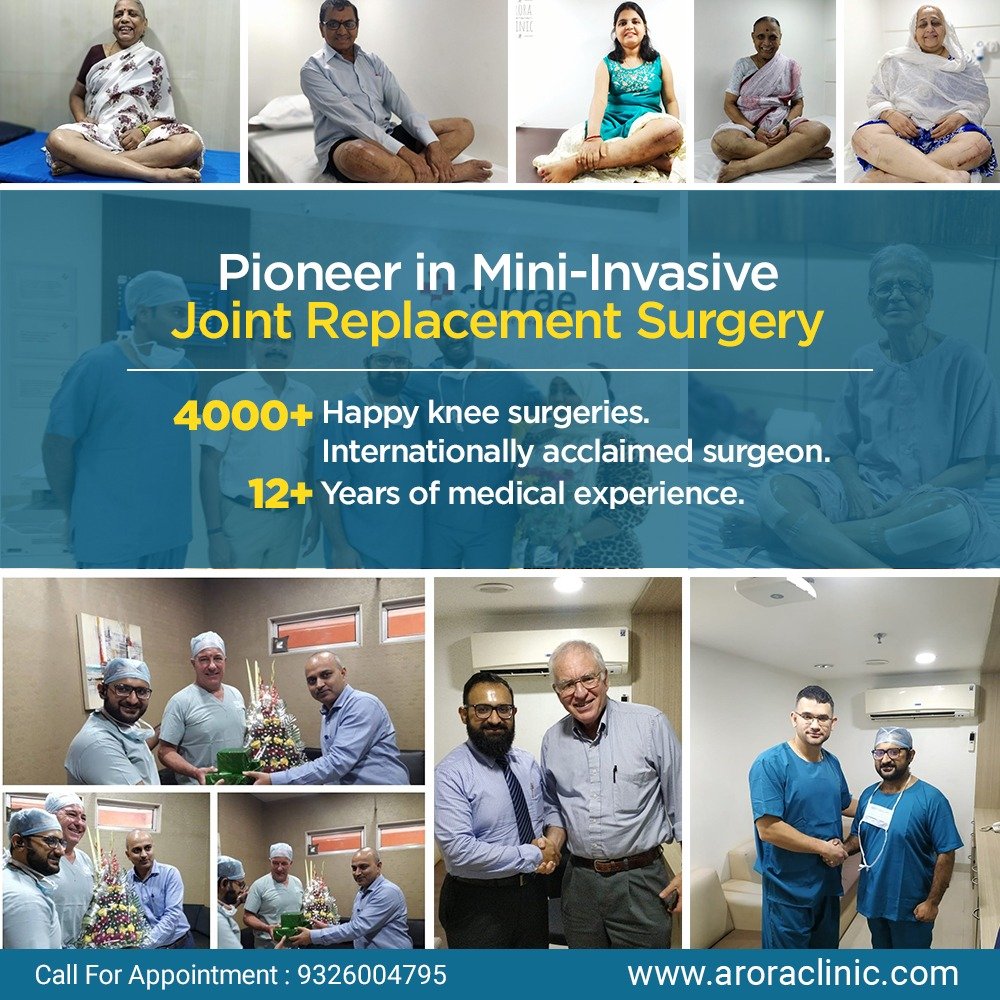
Dr. Bakul Arora’s Joint Replacement Clinic is also known as “Arora Clinic” which is located at Hiranandani Meadows in Thane, within a very convenient proximity to Mumbai. Arora Clinic dedicated clinic for Knee Replacement surgery and all kinds of Orthopaedic treatments and surgeries
The Arora Clinic is one of the most advanced Orthopaedic clinic in Thane region and dedicated to providing the best, personalised healthcare with a breadth of surgical and medical expertise. Arora Clinic offers the modern surgical treatments like “Minimally Invasive Knee Replacement Surgery” which is also called as “PAIN-LESS SURGERY” for any complex knee diseases.
Dr. Bakul Arora is a Consultant Joint Replacement & Orthopaedic Surgeon is one of the leading Knee Replacement Surgeon in Thane and Mumbai with over 4000+ successfully surgeries. Dr. Bakul Arora specialises in Mini-invasive techniques which offer multiple benefits to patients. He does the surgery using Subvastus approach for Knee Replacement surgery and Direct Anterior Approach for Hip replacement Surgery . This new techniques has many advantages for patients like its pain-less , stich-less surgery, patients walks on the same day after surgery, no blood loss, faster recovery etc.


Knee replacement is required for advanced arthritis of the knee joint, producing painful limitation of movements and restriction in activities of daily living. Knee replacement as a solution should be offered when all non–surgical methods of treatment failed and painkiller medicines and injections also failed to reduce the Knee and hip pains.
Knee replacement can be total or unicondylar, depending on the number of compartments involved. Among the total knee replacement, there are two popular designs- Cruciate Retaining, and Posterior Stabilized. The decision for the design is best taken by the operating orthopedic surgeon based on the integrity of ligaments. Patella resurfacing as a routine is a debatable subject.
Yes, most knee replacement surgeries are minimally invasive, with numerous benefits to the patient, including smaller incisions, less tissue trauma, bleeding and post–operative pain, shorter hospital stays, faster recovery, and earlier return to work and activities — in weeks rather than months. Advantages of Minimally Invasive Knee Replacement Surgery. Patients Start walking in few hours of surgery. Patients start climbing the staircase from second day of his surgery. Patients Discharge with in 3 Days from the Hospital after surgery. No blood loss during the surgery, no blood Transfusion required. Less Physiotherapy.( No Physiotherapist required for home) Less Antibiotic. Stitchless Surgery. Recovery time is just two – three week.
Bilateral knee replacement in the same sitting, can be performed if both the knee joints are damaged to the same extent, however, the medical condition of the patient, and bone quality must be kept in consideration.
Surgery through Minimally Invasive technique patients start walking on the same day and staircase climbing starts from the second day of surgery. Patients can resume his work after 3 – 4 week.
The most significant risks include Infection, Deep vein thrombosis,and Aseptic loosening of implants. The risks correlate with the co-morbid medical condition, and must be discussed with the patient before surgery.
Patients normally require hospitalization for 3-4 days in single knee replacement, and up to 5-6 days in both knee replacement surgery
A single knee replacement takes approximately 90 min- 2 hours. Both knee replacement surgery takes approx 2-3 hours.
Years ago, knee replacement surgery was reserved for elderly patients due to a high complication rate and lack of implant durability. Modern techniques have allowed orthopaedic surgeons to base surgical decisions on a patient’s pain and disability, and not necessarily chronological age. Most patients who undergo knee replacement are between the ages of 50 and 80, but surgeons evaluate patients individually and primarily on their physiologic age and demands.
Patients can resume his/her light work after discharge from the hospital, no need for rest.
Patients are given epidural anesthesia for surgery, and post op pain relief. They are expected to follow instruction from physiotherapist regarding muscle training.
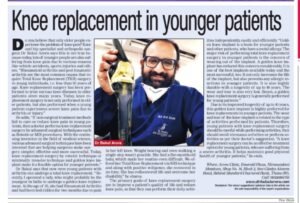
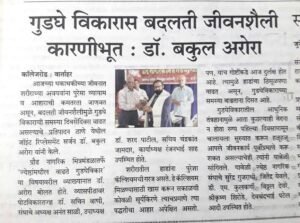
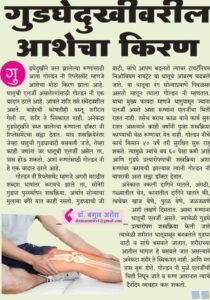

⇒ Wockhardt Hospital Mumbai Central, Mira road & Vashi
⇒ Apollo Spectra Hospital, Tardeo and Chembur
⇒ Cloud 9 Hospital, Malad
⇒ Criticare Hospital, Andheri
⇒ Arora Clinic, Hiranandani Meadows
⇒ Bethany Hospital, Vasant Vihar
⇒ Currae Hospital, Kapurbawdi
⇒ Horizon Hospital, Ghodbunder
⇒ Infinity Hospital, Majiwada
⇒ Lakecity Hospital, Khopat
⇒ Oscar Hospital, Majiwada
⇒ Drone Hospital, Bhiwandi
Arora Clinic, Shop No. 13, Block 2, Emerald Plaza, Hiranandani Meadows, Glady Alvares Road, Behind Standard Chartered Bank, Thane west – 400610
Contact: +91 93260 04795
Managed By Hopeland Healthcare @ All Rights Reserved 2023.
WhatsApp us